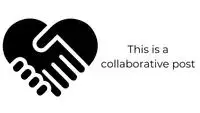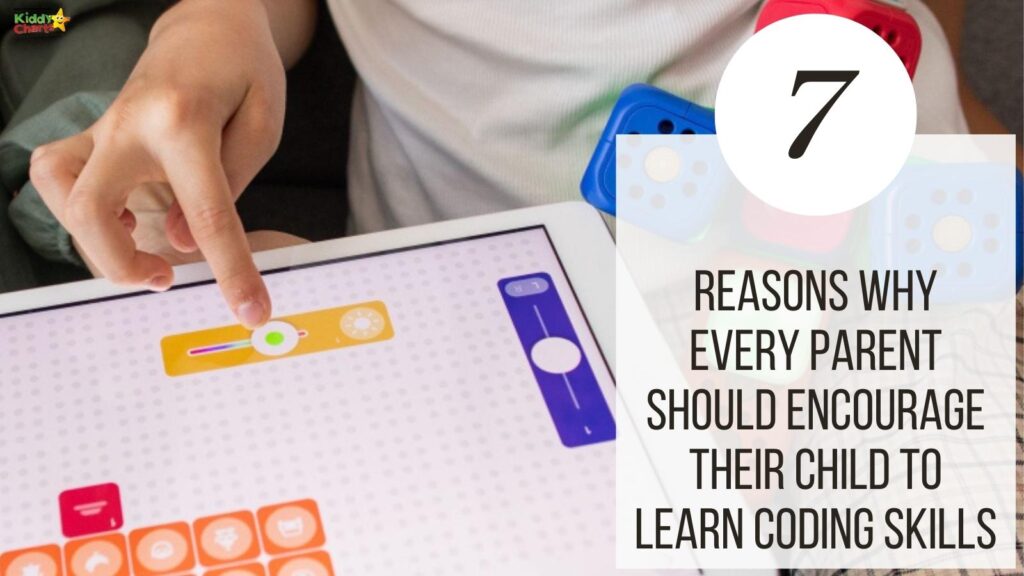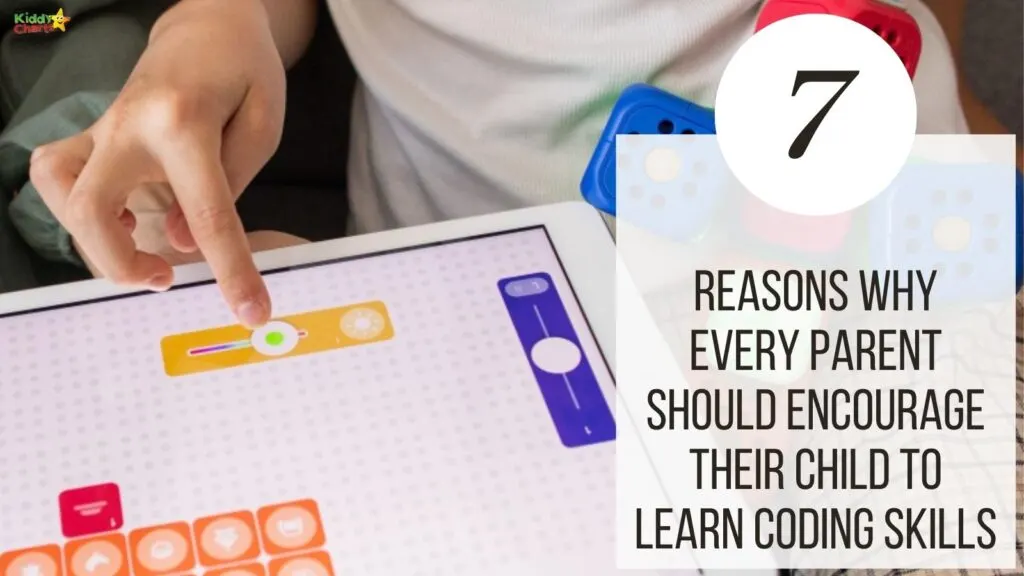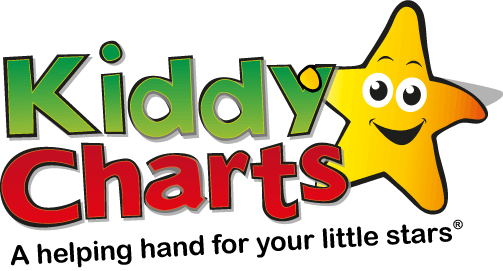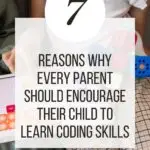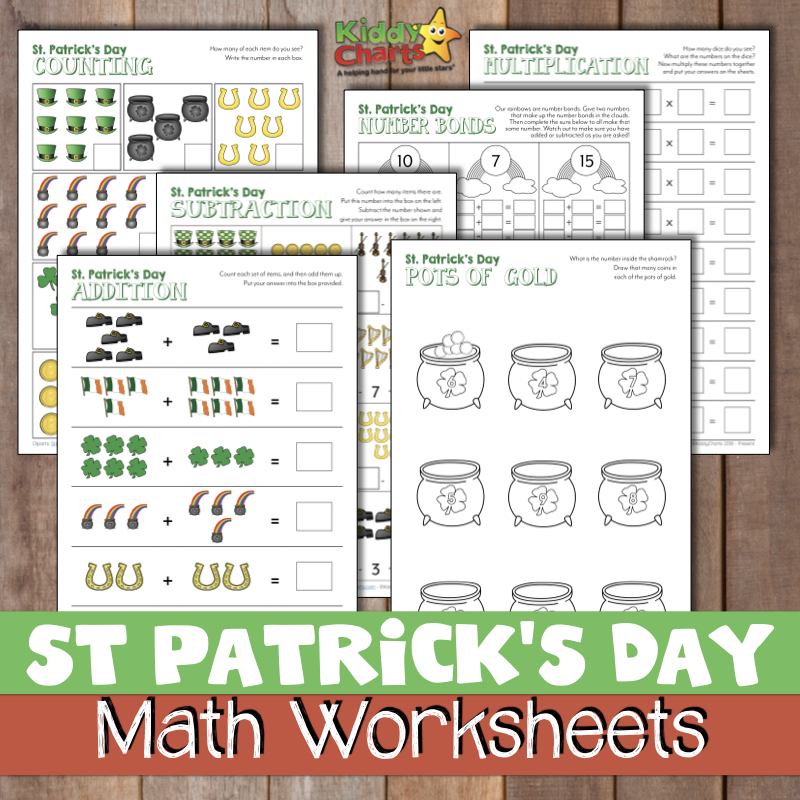Are you tired of reading articles offering reasons you should teach your children to code, when the articles were clearly written by people who have never coded in their lives? When it says things like it improves writing skills? Really? Writing skills? That would be like saying learning to drive helps your flying skills because it teaches you to go left and right. Here are seven legitimate reasons why you should encourage your children to learn coding.
With that said, if your child is reluctant or isn’t so keen on learning how to code, then leave it for a few years. You have to wait until your child is in the right frame of mind. If you try to push the subject too hard, then you may turn your child away from coding for life.


1. Coding helps improve maths skills
If you are teaching kids to code and they are good at math, then you may find the job a little easier. You can get by in the coding world while being pretty bad at math. There are workarounds, calculators and tools that will make your job easier. However, if you take the time to improve your math skills, then coding becomes easier. As a result, people who take up coding often become better at math both directly and indirectly.
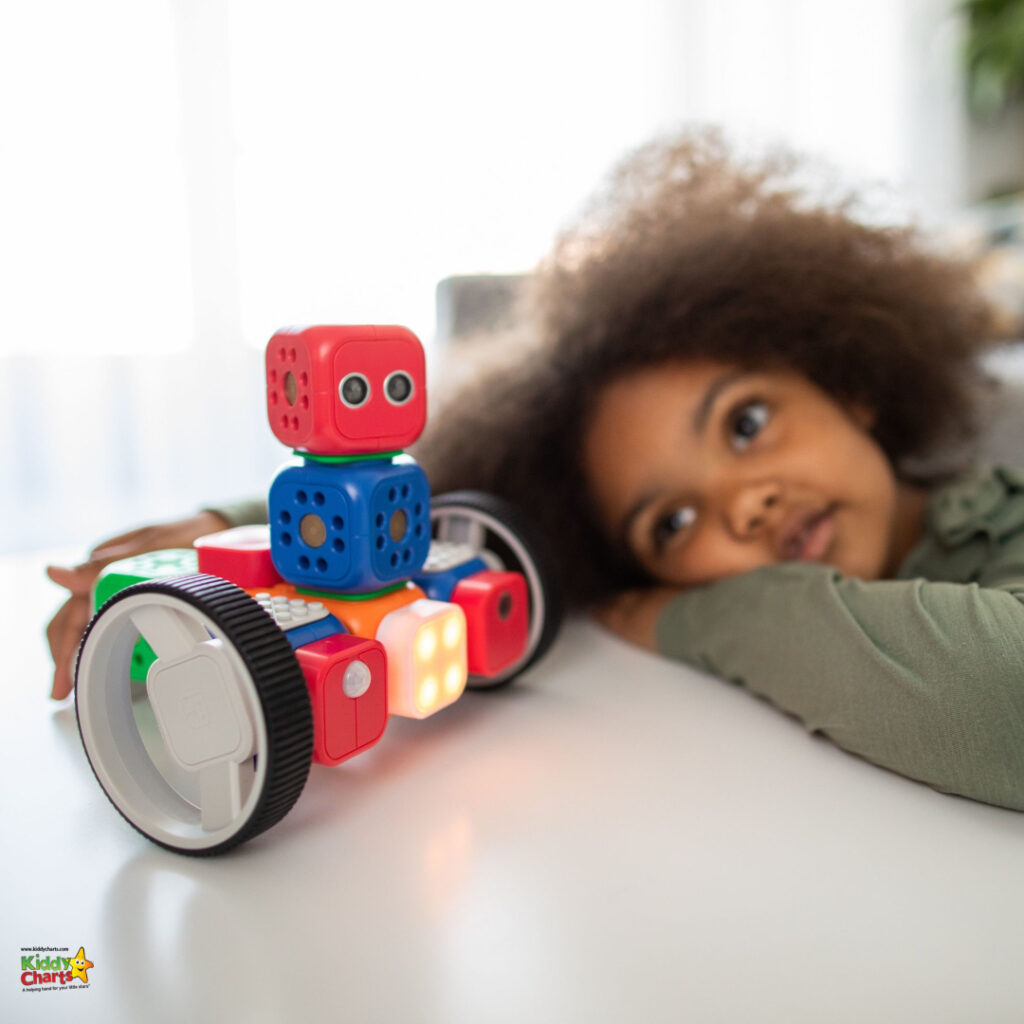
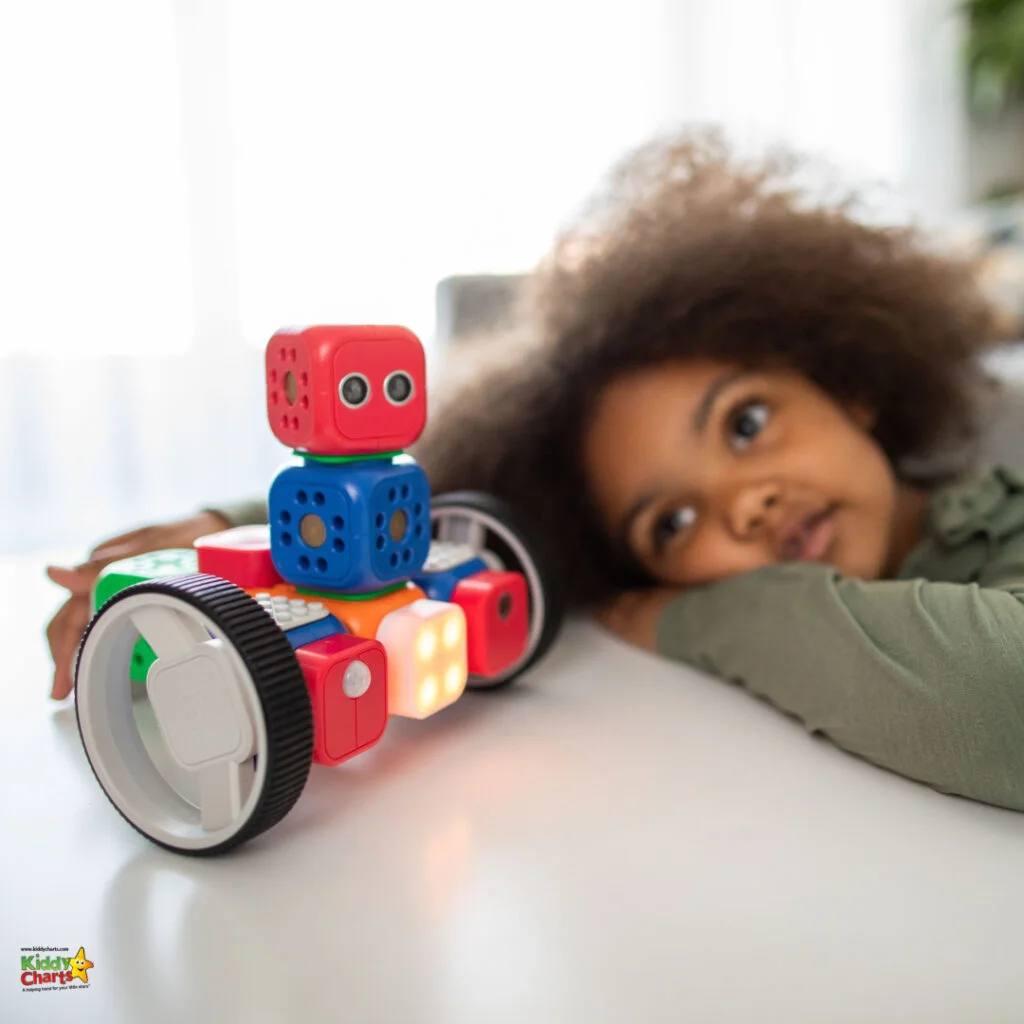
2. Add a new facet to your child’s life
Just like learning to drive, learning to swim, learning how to animate, by teaching your child how to code, you are adding something new into their life. Will it ever come in useful? There is no way to tell, but your child now has an added dimension, a new skill that may serve them well in the future. It has also been proven how beneficial extracurricular activities are to kids as they develop.
3. Coding has transferable skills and abilities
This is the sort of thing you learn much later in life. You learn coding, you do it for a while, and then you carry on as a hobby, or you forget it and move on. Then, you are working on something on your accounts, and you find yourself using your old coding tools to arrange the numbers. You are working on a new website for your spouse, and you can fix the WordPress plugin problem by tweaking the code a little. There is a problem with your phone, and you fix it using an old coding forum that now features phone rooting methods.
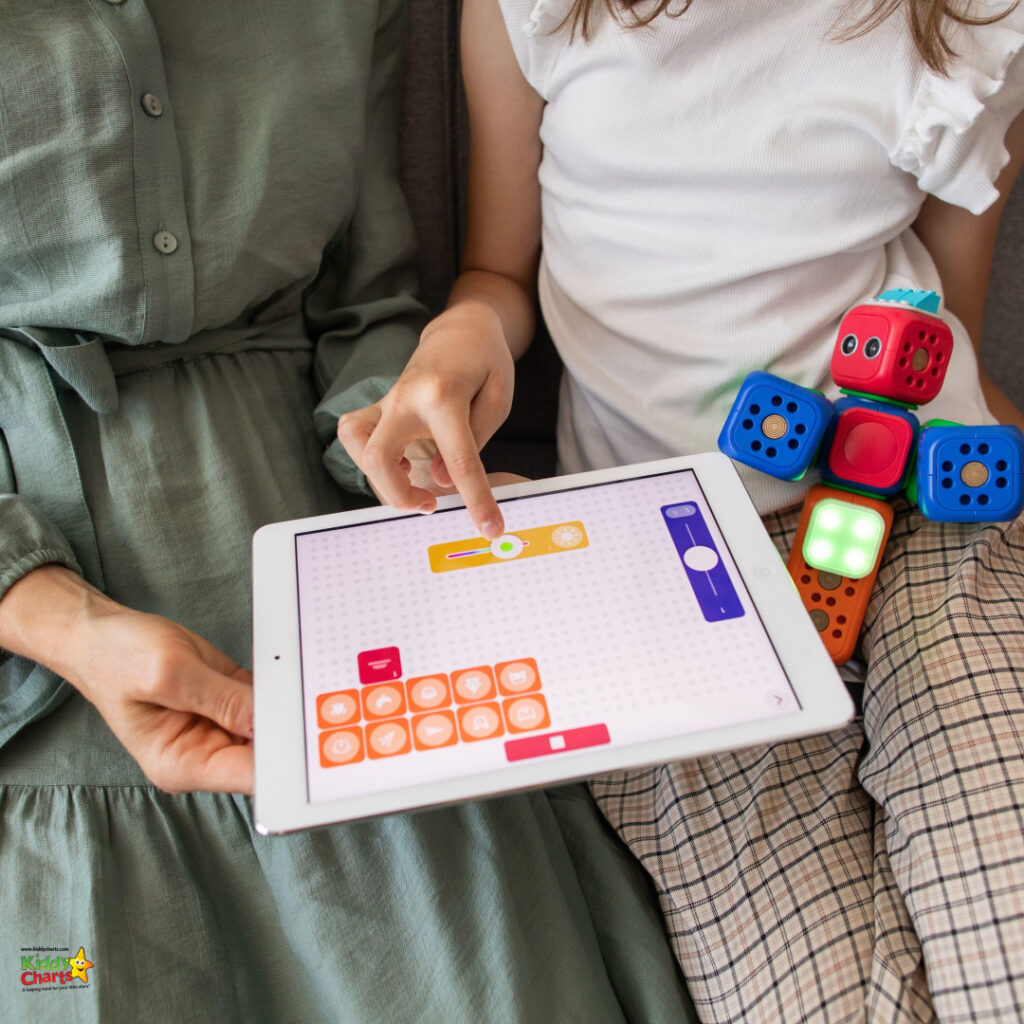
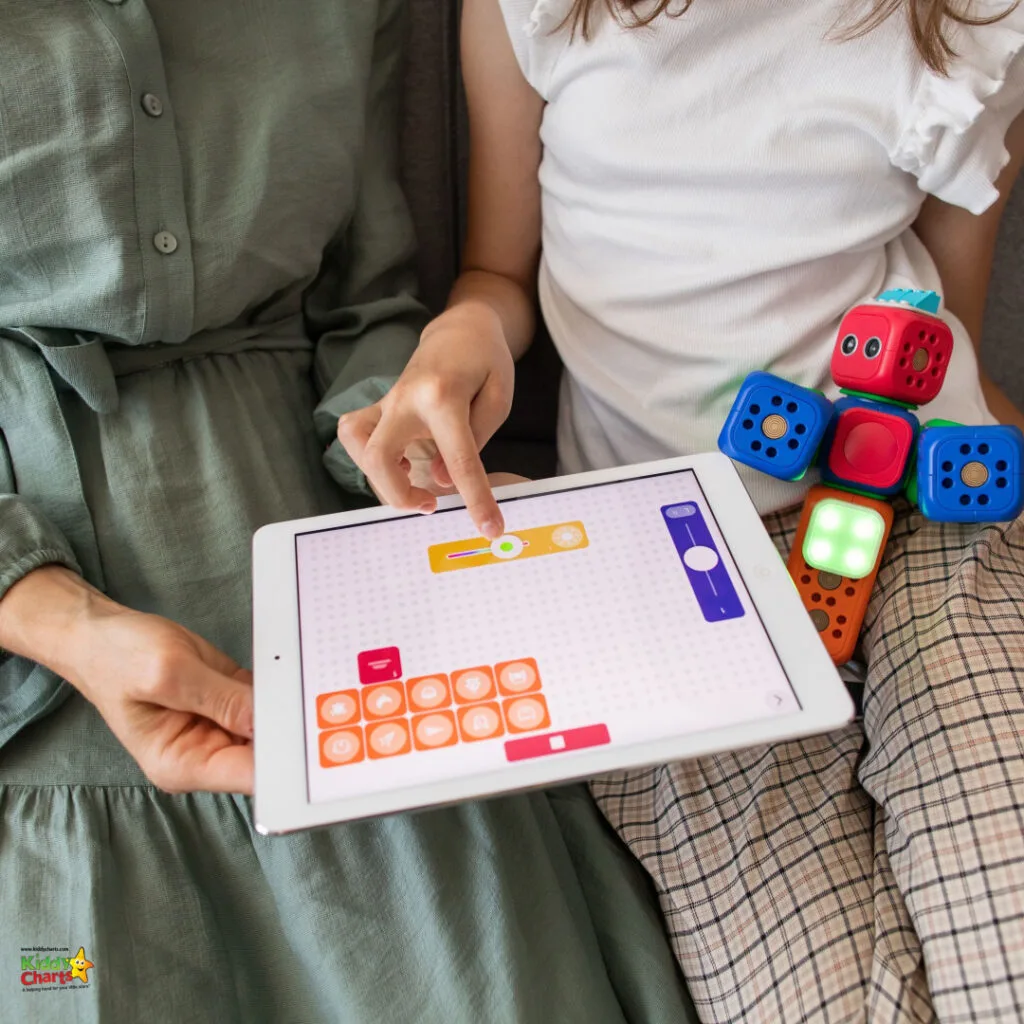
4. Develop a child’s digital/IT literacy
Give your kid a soccer ball, and there is a good chance that kid will become better at kicking the ball. Give your kid chopsticks, and there is a good chance he will do a walrus impression. Teach your child coding, and even if your kid only shows a mild interest, his or her digital and IT literacy will improve simply through the added exposure to IT that coding demands.
5. Coding may help make kids more persistent
This is a weird one because the way kids approach coding will determine what sort of things they get out of it. That is why some people grow up to be sloppy-but-efficient coders, where others grow up to be meticulous and very neat coders. Your child may grow up to be more persistent, or more resilient, or even more kind and giving if he or she joins the great online community that coders have built up for themselves (one of mutual sharing and helping).


6. It opens doors to a wider variety of careers
There are plenty of reasons why you should teach your kids coding, and you should keep an open mind as to the results. Expecting your coding lessons to manifest into a great career for your child is unfair and a little misguided. However, being able to code (even a bit) is something that can be added to a CV, which isn’t a bad thing for a person’s career.
7. Coding helps improve problem solving skills
This is probably the least variable element on this list. Even if you are terrible at coding, you become a better problem solver by simply continuing to code. It is difficult to describe, a little like trying to describe swimming to somebody who has never seen water. When you are programming, you are coming across problem after problem, and you slot in the answer like putting pieces of jigsaw into a puzzle. When you come across something a little more tricky, there are so many solutions that you pick one, and if you are good, you only create several other problems that you then have to wrap up in order to continue.
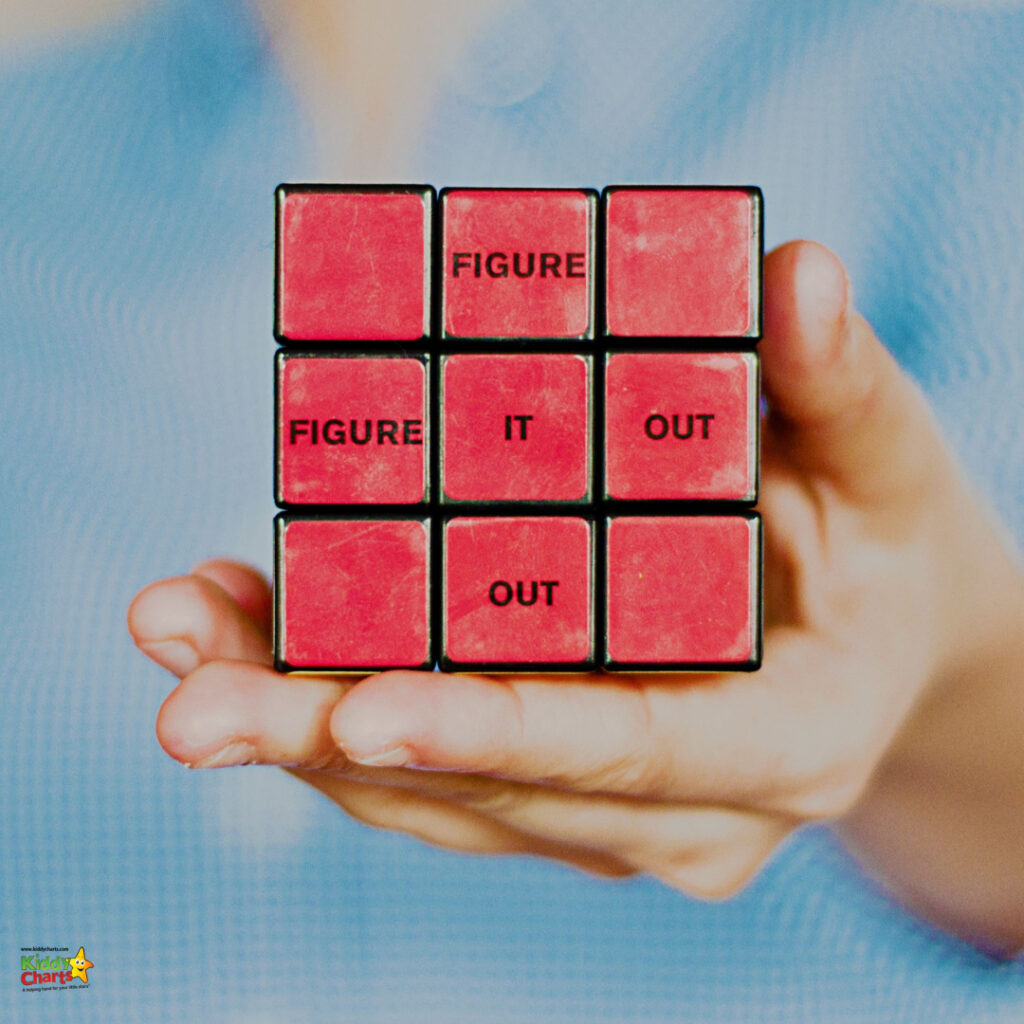
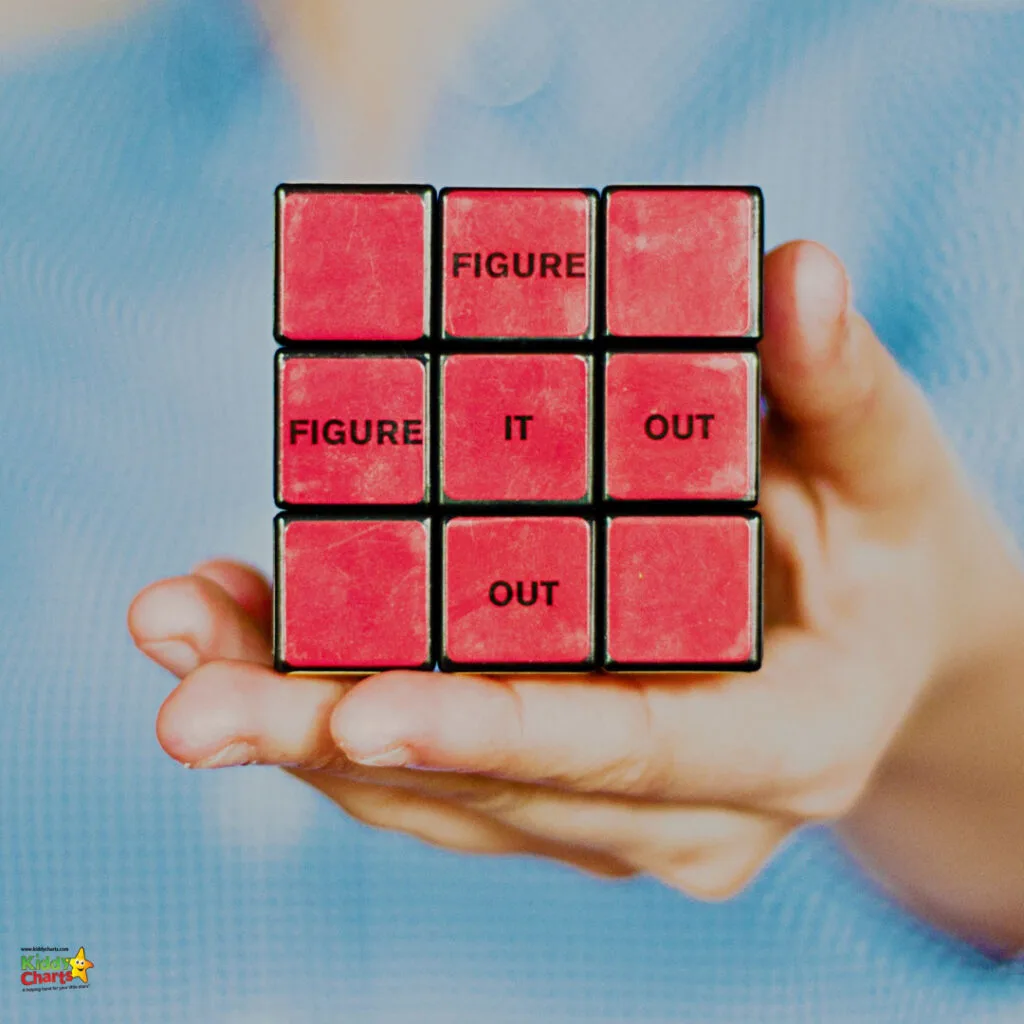
We do hope that you like this article, if you are looking for other content on the site that is relevant to Maths learning, then we do have a whole section dedicated to it, but here are some of the highlights too:
Coding and Maths articles on KiddyCharts
Here are more of the articles from KiddyCharts that are focused on supporting kids with their coding and Maths learning goals.
10+ coding activities for kids
10+ great coding activities for kids to help them even more with the coding, and to prove to you some of the reasons why its great to learn as well!
Unicorn themed maths worksheets
Maths activities with a bit of a Unicorn theme, for all those that love these magical creatures.
Free maths angles worksheets and summer courses from Atom Learning
Atom Learning has provided us with some great Maths angle worksheets for the kids to get stuck into.
Free St Patricks Day Activities: Math Workbook
If it is St Patricks Day - we've got a whole Maths workbook for you, but its so much fun, you can do it anytime of year if you love green! 😂
Free Ladybird printable math worksheets
Love Ladybirds? Then get stuck in with these fabulous activities!
There are other sites with great Maths ideas too:
Maths related content from the web
Check out even more useful maths content from the web
Help your child with maths Mammaprada Blog
Top Tips for Helping Your Kids with Maths - Sims Life
Top Tips for Helping Your Kids with Maths - Mummy Vs Work
We love having you here, so why not sign up to our as it happens newsletter, so you get the articles from the site as they are released:
We hope to see you again soon on the site, and thanks so much for stopping by as well.
Helen

